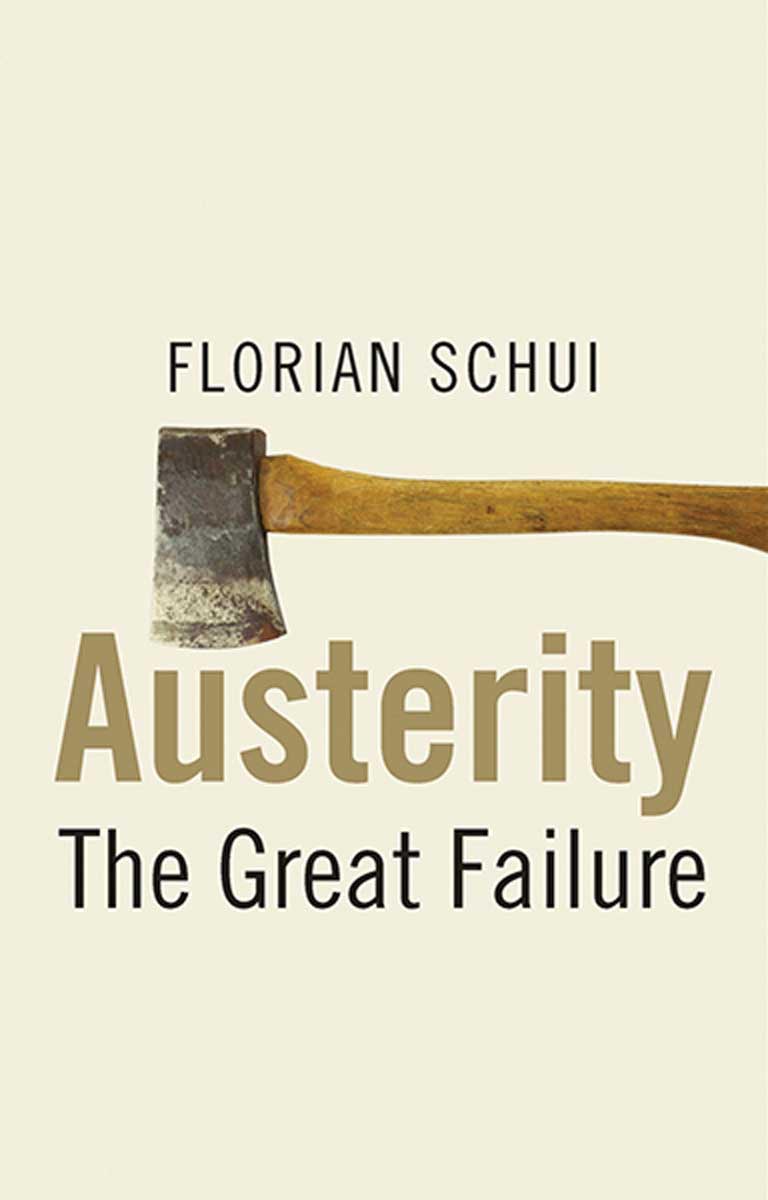PB:
11.99 GBP
QTY:
Austerity
The Great Failure
Austerity is at the centre of political debates today. Its defenders praise it as a panacea that will prepare the ground for future growth and stability. Critics insist it will precipitate a vicious cycle of economic decline, possibly leading to political collapse. But the notion that abstinence from consumption brings benefits to states, societies, or individuals is hardly new. This book puts the debates of our own day in perspective by exploring the long history of austerity – a popular idea that lives on despite a track record of dismal failure. Florian Schui shows that arguments in favour of austerity were – and are today – mainly based on moral and political considerations, rather than on economic analysis. Unexpectedly, it is the critics of austerity who have framed their arguments in the language of economics. Schui finds that austerity has failed intellectually and in economic terms every time it has been attempted. He examines thinkers who have influenced our ideas about abstinence from Aristotle through such modern economic thinkers as Smith, Marx, Veblen, Weber Hayek, and Keynes, as well as the motives behind specific twentieth-century austerity efforts. The persistence of the ideal cannot be explained from an economic perspective, Schui concludes, but only from the persuasive appeal of the moral and political ideas linked to it.
About the author
Florian Schui has held positions at the University of Cambridge and at Royal Holloway, University of London, and will work at the University of St. Gallen, Switzerland, beginning in 2014.


